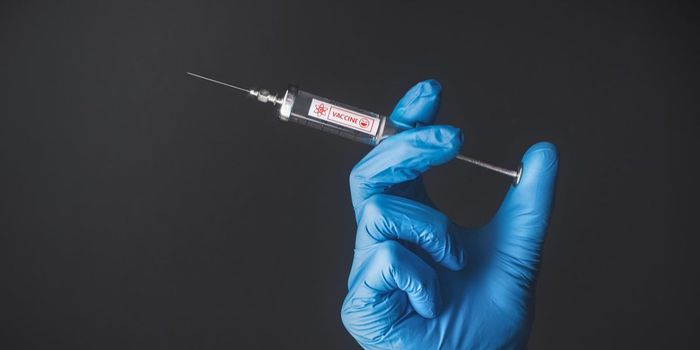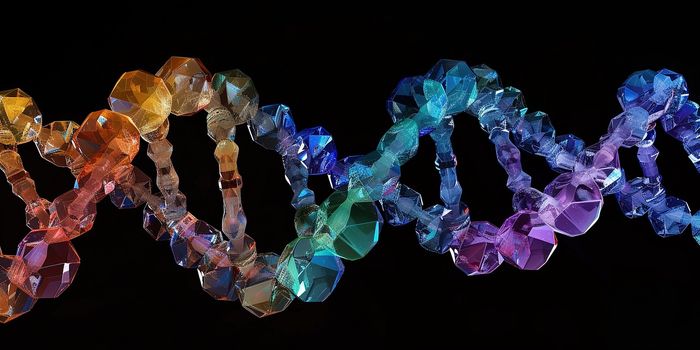NCI Director: AI Improves Cancer Research and Care
National Cancer Institute (NCI) Director Dr. Norman “Ned” Sharpless thinks artificial intelligence (AI), machine learning and big data can aid cancer researchers and caregivers. In fact, big data, along with basic research and the process of translating findings directly into treatments and devices, are his three main areas of focus, Science Magazine reports. They interviewed Sharpless about his two-month-old role and his view on high-tech data tools in cancer-related fields, among other topics.
Big Data in Hospitals
Science and Sharpless discussed one of the most well-known deep data processing and -evaluating systems that has been directed at cancer care: IBM’s “Watson for Oncology.” This program puts Watson, IBM’s question-answering supercomputer system, to work analyzing medical records and advising medical practitioners. Watson uses a method called natural language understanding (NLU) to extract meaning and subtext from content. For example, it can provide metadata, insights and keywords as well as an analysis of the tone, emotion and sentiment present. It can evaluate text in nine languages. The IBM website states that Watson for Oncology “helps physicians quickly identify key information in a patient’s medical record, surface relevant evidence and explore treatment options.” It shares numerous studies in which Watson’s suggestions were in accordance with tumor board recommendations from 80 to above 90 percent of the time.
Sharpless was previously the director of the Lineberger Comprehensive Cancer Center at the University of North Carolina (UNC) in Chapel Hill, where Watson was used to sort and analyze literature on various therapies. Through performing this organizing function, Watson aided a tumor board in making decisions on drug treatments. Sharpless says critics of Watson have characterized this type of work as a “paralegal function,” but feels its abilities represent “like a million paralegals that are really, really fast,” which he finds very useful. “When you start doing a thousand patients a year, the allocation of therapy decisions gets very hard,” he adds. Sharpless also explains that NLU is helpful for the handling of clinical data, as opposed to the slower process of having medical students read and abstract charts.
Basic Science and Staying Connected to a Lab
During the interview, the director also expressed pride in the current state of NCI’s portfolio for immunotherapy. He thinks it is centered on a strong commitment to basic science and developing a better understanding of cell biology as a route to improving immunotherapy. Sharpless hopes to start his own lab effort within the NCI as well so that he can continue to “think about science” and stay in touch with the day-to-day problems of working scientists. It’s not surprising that Sharpless wants to stay directly engaged in cancer research and care – during his career he has treated patients, run a research lab and started two biotech companies. While he admits the scale of his new job and budgeting issues can be challenging, when he discusses oncology, his unwavering commitment to and passion for the field is evident:
“I really believe it’s a special time in cancer research. We have this basic biological understanding and the notion that cancer is thousands of different diseases, and that has really allowed us to speed progress. We’re going to remember the cancer researchers of the day the way we talk about [Louis] Pasteur and [Robert] Koch and antibiotics.”









